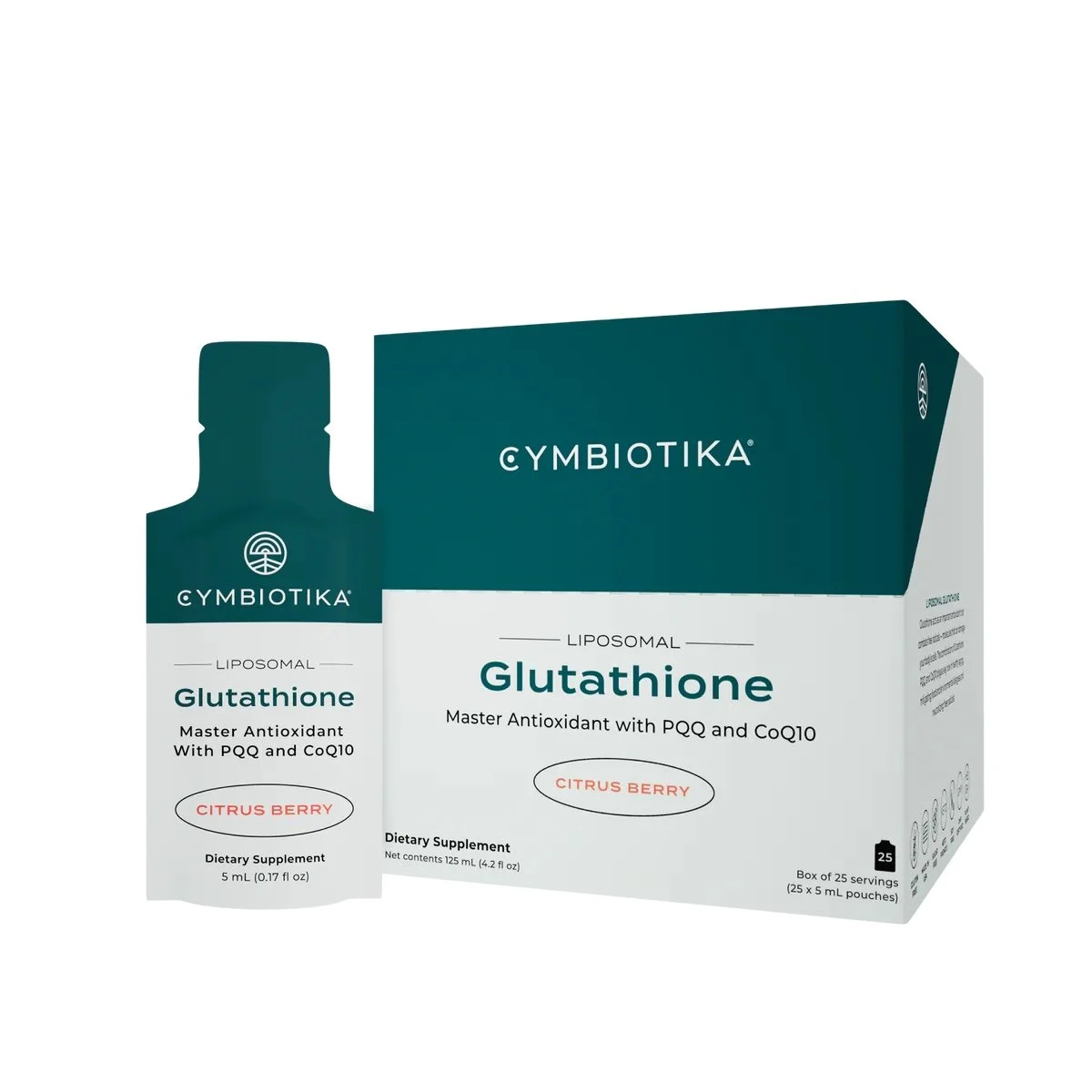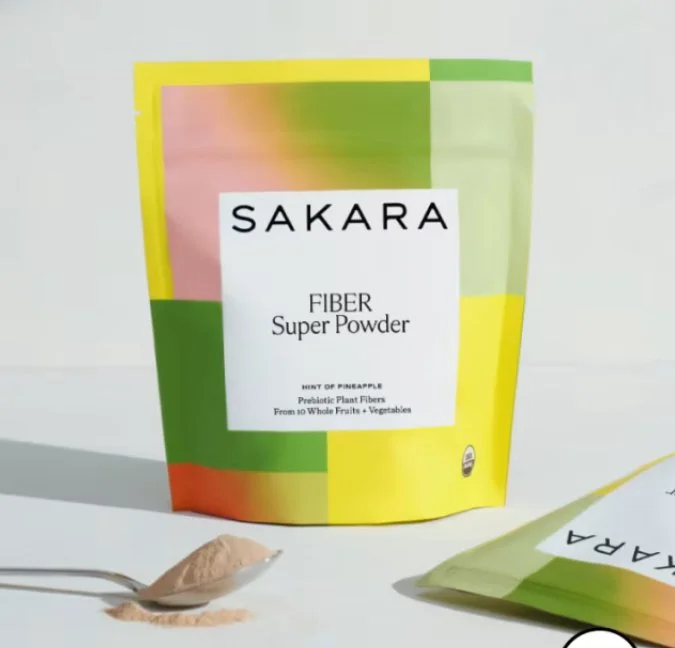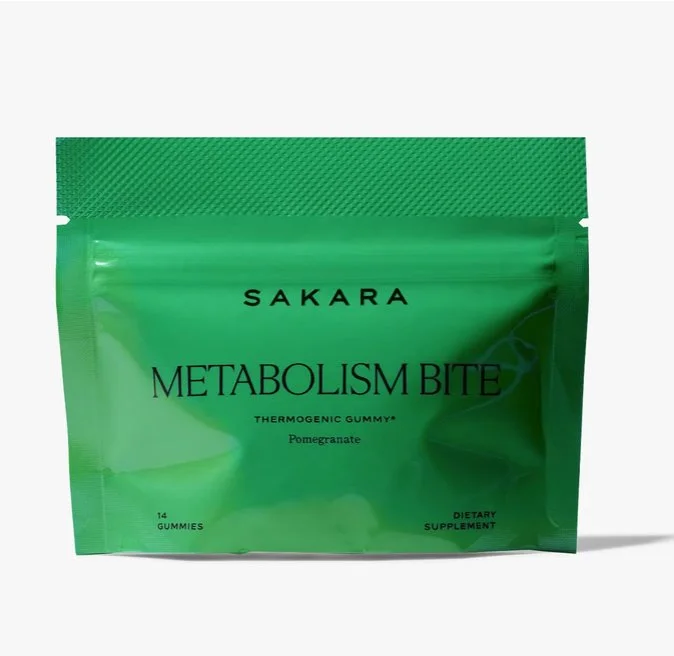Gut Health Reset: Foods and Habits for a Balanced Microbiome
Gut health is a foundational pillar of overall well-being, influencing digestion, immunity, mental clarity, and hormone regulation. Research continues to highlight the gut microbiome’s role in everything from metabolism to mood stability, making it essential to nurture a balanced gut for optimal health. For women, a well-supported microbiome can improve hormonal balance, support digestion, and contribute to enhanced energy levels and mental well-being.
Understanding the Gut-Health Connection
The gut is home to trillions of bacteria that play a crucial role in digestion, immune defense, and neurotransmitter production. When gut bacteria are imbalanced—often due to stress, poor diet, or environmental factors—it can lead to inflammation, digestive distress, hormone imbalances, and even mood disorders. A 2023 study published in Nature Microbiology found that gut dysbiosis is directly linked to increased cortisol levels, metabolic disruptions, and imbalances in estrogen metabolism. These effects can manifest as bloating, fatigue, sugar cravings, and even skin issues. By focusing on nourishing foods and lifestyle shifts, it is possible to restore balance and improve overall well-being.
Nourishing the Microbiome with the Right Foods
One of the most effective ways to support gut health is through intentional dietary choices. Fermented foods such as sauerkraut, kimchi, kefir, and miso introduce beneficial probiotics that support digestion and immune function. Studies have shown that probiotic-rich diets can alleviate symptoms of PMS and improve vaginal microbiome balance, which is essential for women’s health.
Equally important are prebiotic-rich foods, which serve as fuel for good bacteria. Ingredients like garlic, onions, asparagus, and chicory root help beneficial microbes thrive, promoting a balanced gut environment. Research indicates that a diverse gut flora is essential for optimal estrogen metabolism, reducing the risk of hormone-related imbalances such as PCOS.
Incorporating polyphenol-rich foods—such as berries, green tea, dark chocolate, and flaxseeds—can further support gut health by encouraging the growth of beneficial bacteria like Lactobacillus and Bifidobacterium. These foods have also been linked to improved estrogen metabolism and reduced inflammation, essential for maintaining hormonal equilibrium.
Omega-3 fatty acids, found in Chia Seeds, walnuts, and flaxseeds, are another key component of a gut-friendly diet. Not only do they help reduce inflammation and support the integrity of the gut lining, but they also contribute to improved mood and mental clarity. A strong gut lining prevents issues such as leaky gut syndrome, which has been linked to autoimmune conditions and chronic fatigue.
For those looking to heal and restore gut function, plant-based options such as chia seeds, flaxseeds, and seaweed are excellent additions. These foods are rich in amino acids like glutamine, which play a crucial role in repairing the gut lining and supporting digestion. Additionally, studies published in Frontiers in Nutrition (2023) highlight the role of plant-based polyphenols in reducing gut inflammation and enhancing microbiome diversity. Aloe vera juice, known for its gut-soothing properties, can also aid in reducing irritation and supporting gut barrier integrity. Incorporating these foods into smoothies or meals can provide plant-based alternatives for promoting a resilient digestive system.
Lifestyle Shifts for Optimal Gut Function
Beyond diet, lifestyle choices play a significant role in gut health. Practices such as time-restricted eating—where meals are consumed within a specific window—have been shown to enhance gut microbiome diversity and metabolic flexibility. While intermittent fasting can be beneficial, women should approach it with a gentle 12-hour overnight fast to support hormone stability without causing stress on the body.
Managing stress is also crucial, as chronic stress disrupts gut bacteria and increases cortisol levels. Daily mindfulness practices, including meditation, deep breathing, and nature walks, can help regulate the nervous system and improve gut function.
Sleep is another overlooked yet critical factor. Sleep deprivation alters gut microbiota composition, leading to increased inflammation and sugar cravings. Prioritizing seven to nine hours of quality sleep per night can support microbiome health and hormone balance. A relaxing nighttime routine, such as drinking magnesium-rich herbal tea, can further enhance deep sleep and gut repair.
Incorporating movement into daily routines also plays a role in maintaining a healthy gut. Moderate exercise, such as yoga, walking, or strength training, promotes microbial diversity and supports digestion. Research published in Gut Microbes (2023) found that women who regularly engaged in movement had higher levels of Akkermansia muciniphila, a beneficial bacteria linked to improved metabolism and gut lining integrity.
Finally, minimizing gut-disrupting triggers such as ultra-processed foods, artificial sweeteners, excess sugar, and alcohol is essential. Replacing processed snacks with whole foods, choosing natural sweeteners like raw honey, and limiting alcohol to occasional gut-friendly options like organic wine or kombucha cocktails can help maintain a balanced microbiome.
A Long-Term Approach to Gut Health
Gut health is not a quick fix but a long-term commitment to nourishing the body through mindful eating, stress management, and healthy lifestyle habits. By making small yet consistent changes—such as incorporating probiotic and prebiotic foods, prioritizing sleep, reducing stress, and staying active—it’s possible to restore and maintain a thriving microbiome.
Shopping Edit
Join our Ever Green Living community for more science-backed wellness insights and exclusive product recommendations to help you cultivate lasting health and vitality.








